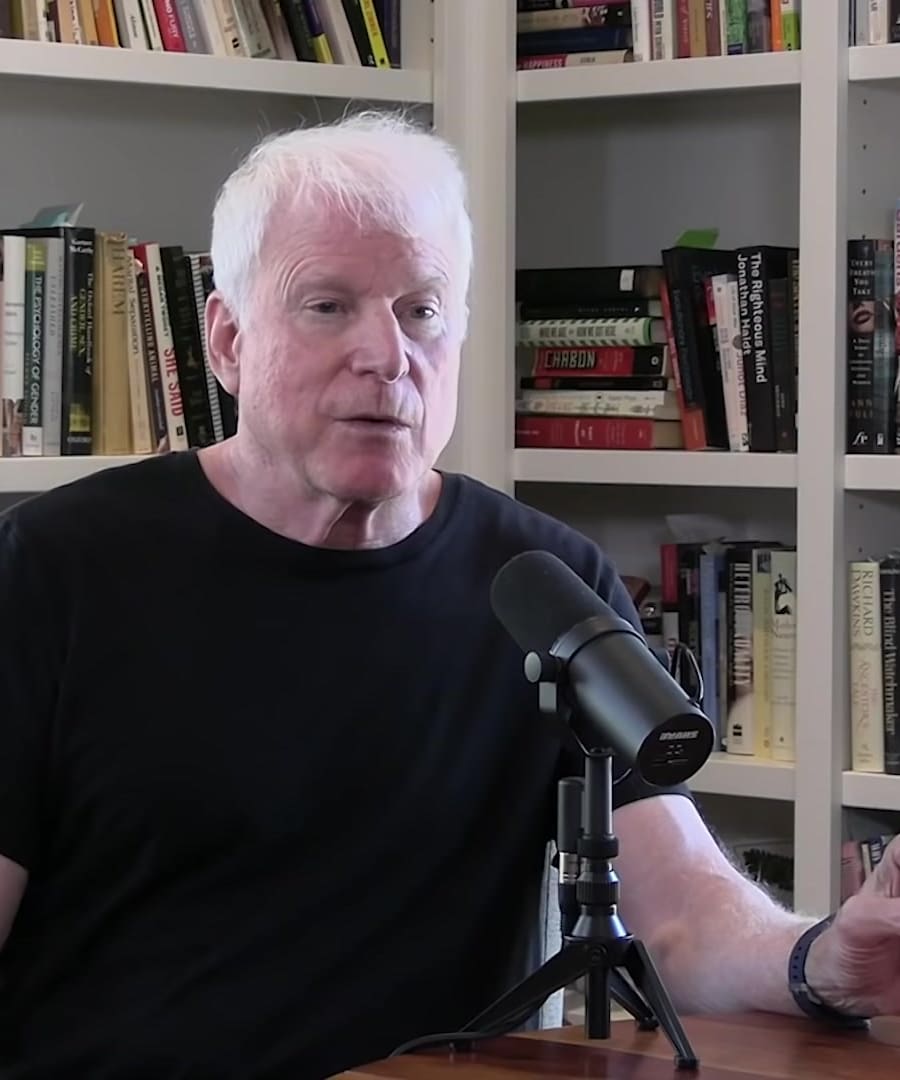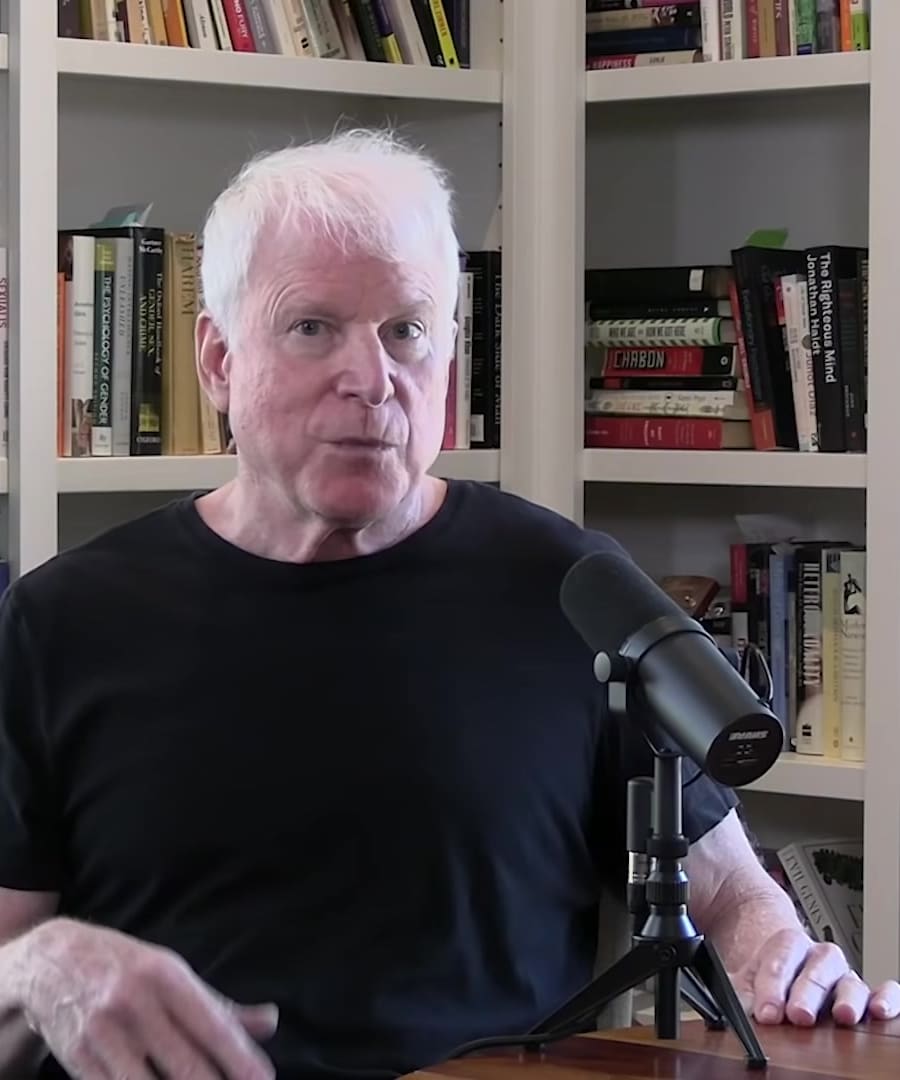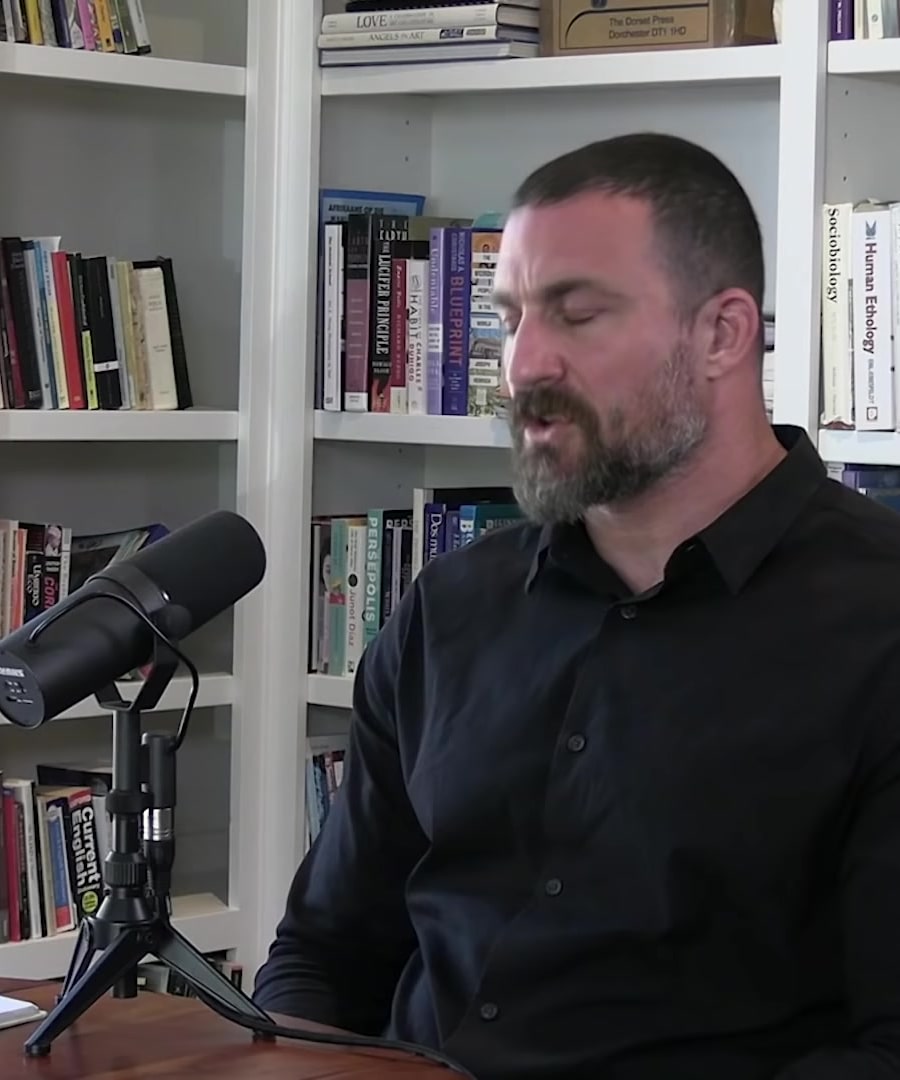Dual mating strategy hypothesis?
Sources:
The "dual mating strategy hypothesis" posits that women might seek resources and investment from one male while pursuing good genes from another. This hypothesis suggests evolutionary reasons for why women might engage in affairs, aiming to maximize genetic quality for their offspring while maintaining stability and resources from a long-term partner.
In a discussion with , Dr. David Buss elaborates on this theory. However, Buss expresses skepticism about the dual mating strategy hypothesis, advocating instead for the "mate switching hypothesis." According to him, this hypothesis better explains why women might cheat, suggesting that infidelity serves as a way to transition from one mate to another. Women might seek to end an unsatisfactory relationship or "trade up" for a higher value mate, rather than simply seeking genetic advantages 1 2 3.
Buss highlights that around 70% of women who have affairs report falling in love with their affair partner, which is inconsistent with the idea of purely seeking genetic benefits. This emotional involvement supports the mate switching hypothesis, as falling in love would complicate a strategy purely for genetic advantage 2.
Overall, while the dual mating strategy hypothesis offers one explanation, empirical evidence seems to align more with the mate switching hypothesis in explaining infidelity and relationship dynamics 3.
RELATED QUESTIONS


